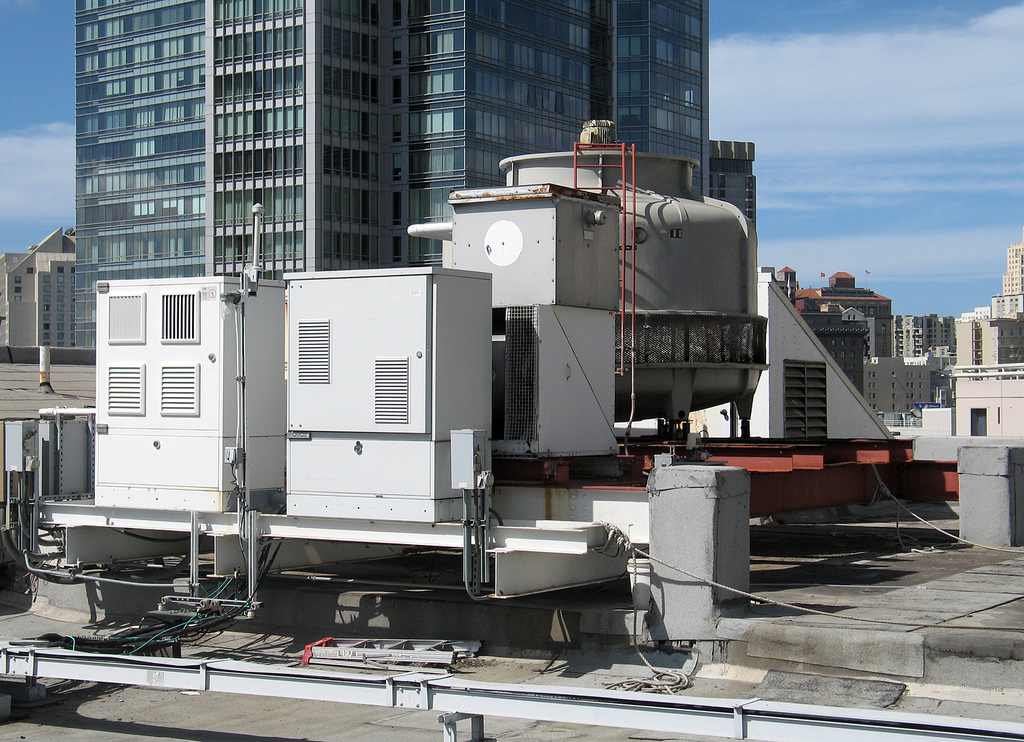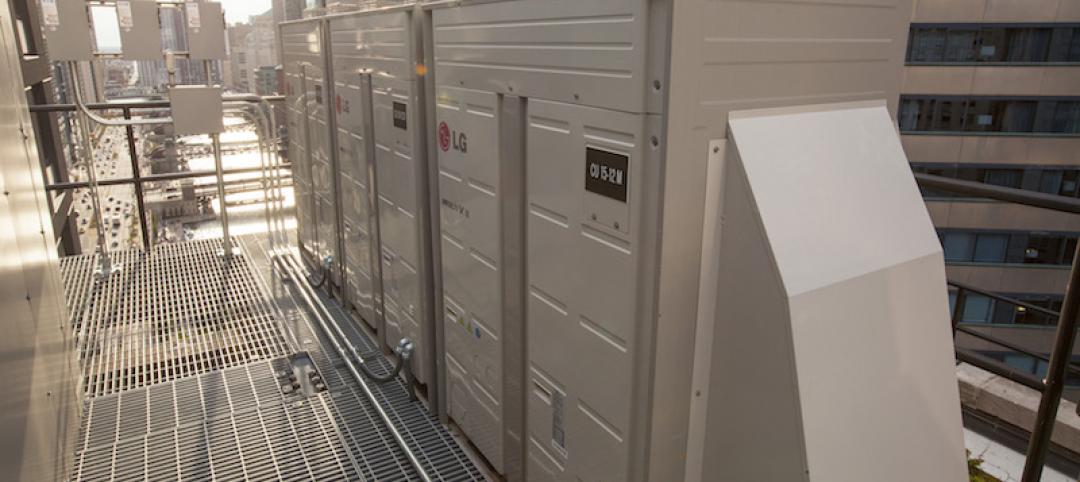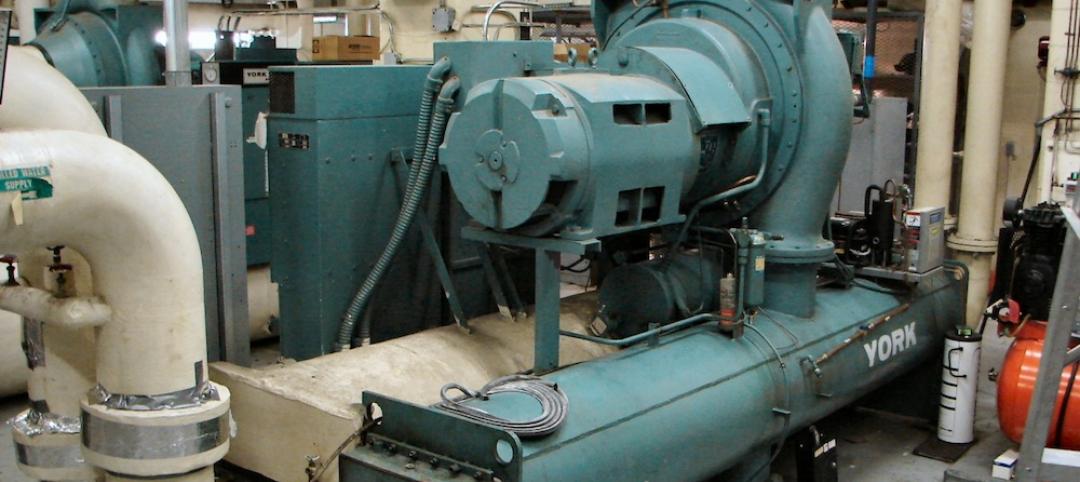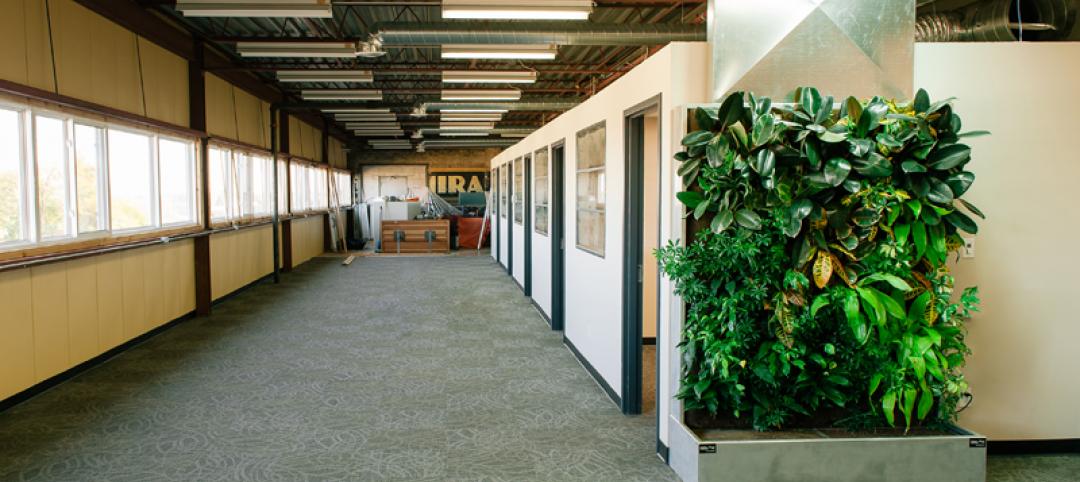The U.S. Department of Energy recently announced historic new efficiency standards for commercial air conditioners and furnaces.
The standards will save more energy than any other standard issued by the Department to date, according to a news release. Over the lifetime of the products, businesses will save $167 billion on their utility bills, and carbon pollution will be reduced by 885 million metric tons.
These new standards will be implemented in two phases. The first phase will begin in 2018, and will deliver a 13% percent efficiency improvement in products. Five years later, an additional increase of 15% will be required for new commercial units.
Commercial air conditioners, also known as rooftop units, are commonly used in low-rise buildings such as schools, restaurants, big-box stores, and small office buildings. They cool about half of the total commercial floor space in the United States.
Related Stories
Sponsored | HVAC | Oct 31, 2016
The Chicago Motor Club building gets a new LG HVAC system
It was imperative that the renovated building maintain its original appearance as a tribute to car culture – a vital facet of historic Chicagoan life.
HVAC | Mar 18, 2016
ASHRAE funds efficiency projects including aerial vehicle for energy audits
Undergraduates at 24 universities awarded grants.
Building Materials | Jan 25, 2016
Johnson Controls to merge with Tyco International
The $20 billion deal is the latest corporate inversion maneuver.
Sponsored | Green | Nov 20, 2015
A century-old furniture factory gets a living wall biofilter for better air
During renovations, the team integrated the biofilter into the new HVAC system to provide clean air directly to the offices
HVAC | Nov 12, 2015
LG Electronics opens expanded headquarters for thriving U.S. air conditioning systems business
Cutting-edge facility aims to connect and educate contractors, engineers and industry leaders, boost local economy
HVAC | Sep 25, 2015
Does over-designing HVAC systems make for inefficient, uncomfortable spaces?
Reliance on outdated standards at odds with sustainability











